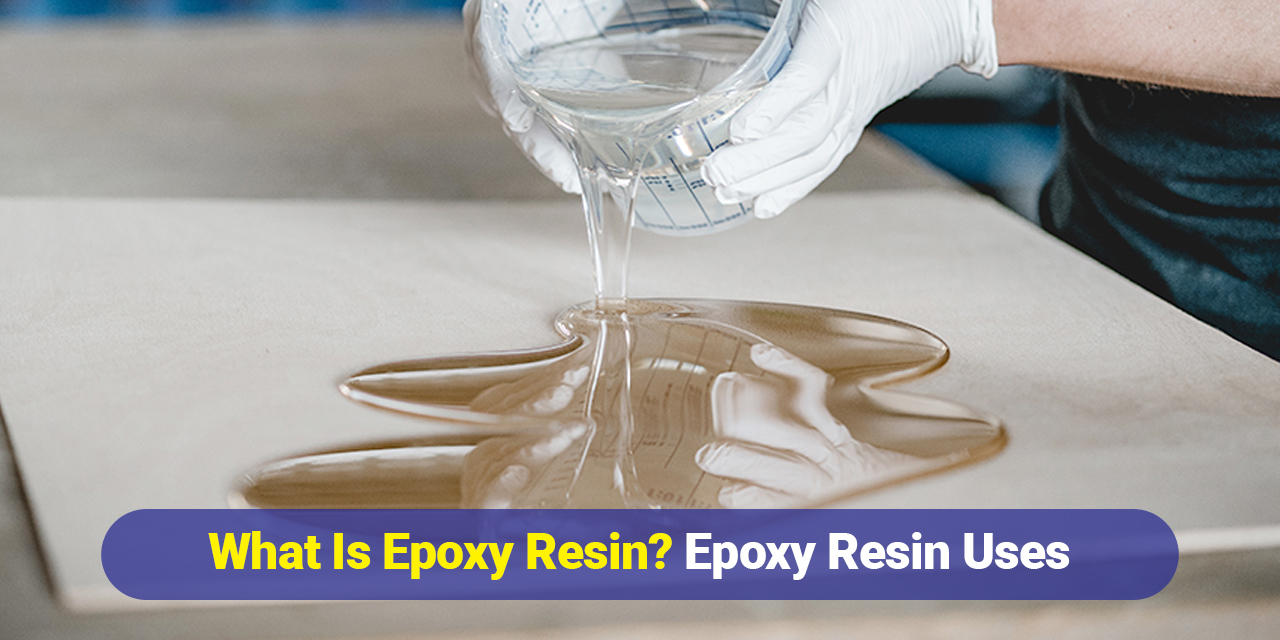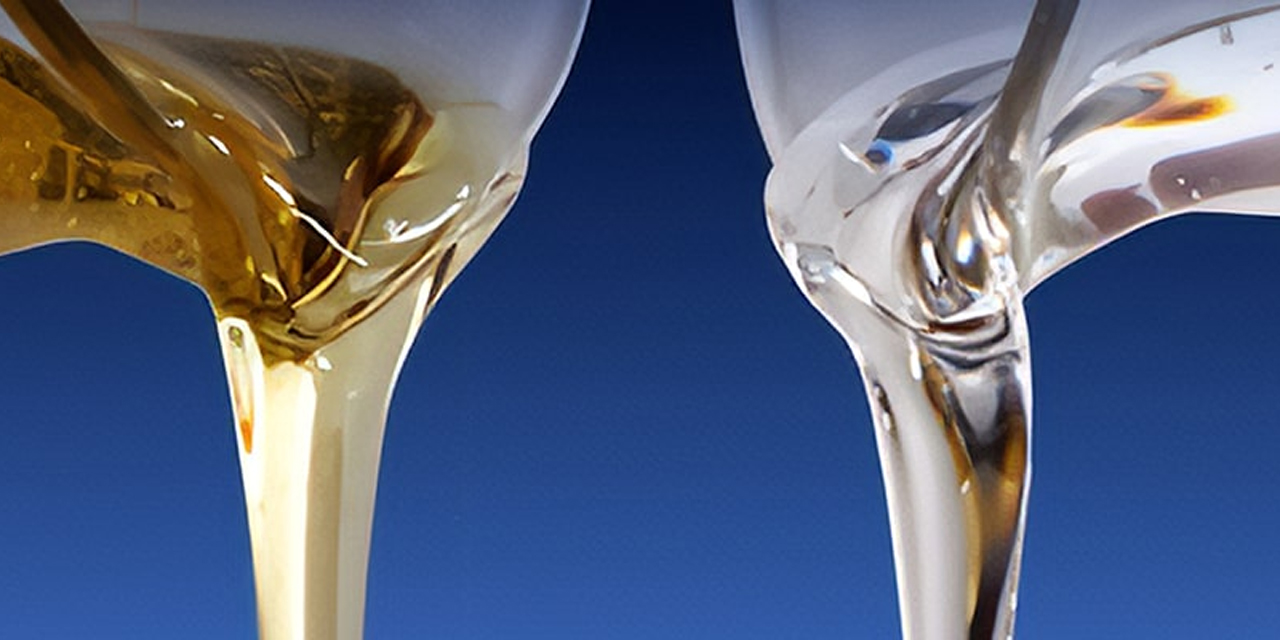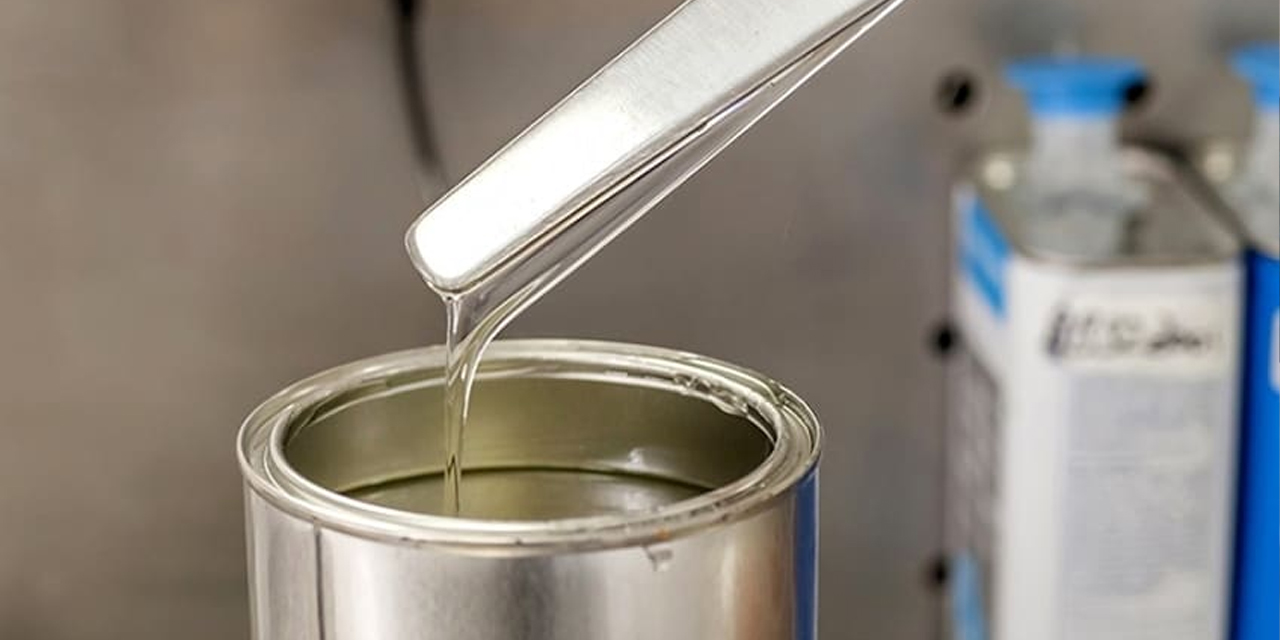What Is Epoxy Resin? Epoxy Resin Uses

Epoxy resins have been the gamechanger in various industries for quite a long time period. They make premium material to use in many ways—being a versatile polymer, epoxy resins go well with many industrial and household uses.
Epoxy resins are used as a coating, adhesives, sealant, corrosion-resistant polymer, etc. due to their excellent adhesion and resistance to chemicals, moisture, and heat. They are also best suited for repairs and maintenance, construction, and electrical applications. This blog focuses on discussing the properties of epoxy resin, and Epoxy resin uses in detail.
What Are Epoxy Resins?
Epoxy resins form a prime class of polymers and prepolymers, which while reacting with curing agents or epoxy resin hardeners like polyamines, phenolic compounds, or aminoamides, can result in a durable substance. This is further distributed by Epoxy resin suppliers India to utilize in various industrial or commercial applications.
Epoxy or epoxy resin can be defined as a broad classification of the reactive compounds, particularly characterizing the presence of an epoxy ring or oxirane. It represents a three-member ring consisting of an oxygen atom with two carbon atoms to bond around, which are already bonded in other ways.
The epoxide molecule forms variations in the molecular base to give rise to different classes of epoxy resins. You can obtain a diverse Epoxy Chemical Structure while using the same chemical reaction. When you combine epoxy resins with the curing agents and modifiers, you can obtain the properties that every application demands. Read further to know about the properties of epoxy resins and to understand what is epoxy resin used for.
Also Read: What is Polyamide? – Properties and Uses of Polyamide
Properties of Epoxy Resins
Here are the core properties of epoxy resin that make them versatile components in any industry-specific application process.
High Mechanical strength
The core reason behind the increasing demand for epoxy resins is their high mechanical properties. Welding is usually the other alternative to epoxy, however when compared to welding, epoxy is a cheaper and more effective option.
Low degree of Shrinkage
Epoxy adhesives have reduced shrinkage levels when compared to the other types of polymeric adhesive applications. It is significant to understand that even 100% reactive compounds can exhibit at least some shrinkage while curing.
Excellent adhesive properties
The epoxy resins exhibit amazing structural adhesive properties since they can co-react using various resins and compounds with low molecular weight. The curing agent can help to maintain every property of the adhesive such as hardness, adhesive strength, cohesive strength, flexibility, toughness, and resistance to heat and chemicals.
Great electrical insulation
Epoxy resin applications are significant in the electronics segment, and can be implemented in generators, motors, switchgear, insulators, and bushings. They are stunning electrical insulators and safeguard the electrical components against dust, short circuiting, and moisture.
Chemical resistance and solvent resistance
Epoxy resins exhibit good resistance to several chemicals like acetone, sulphuric acid, acetone, sodium hydroxide, methanol, and various organic acids based on the formulation. Nevertheless, epoxy resins also exhibit high-end solvent resistance.
Reduced cost and toxicity
You can cure epoxies easily and they are well compatible with almost every substrate. They can wet the surfaces effortlessly that making them suitable for composite uses. They can also modify various polymers like polyurethane and unsaturated polyesters to boost their physical and chemical properties.
A plethora of industries looks to find the best Epoxy Resin Suppliers India who delivers the epoxy resins that help them provide the best to customers with the above core properties.
Also Read: Properties And Uses Of Xanthan gum
Types of Epoxy Resins
Epoxy resins have higher levels of viscosity and are moulded at 50-100% temperature ranges. Catalysts or curing agents like accelerators or hardened can act either through a catalytic action or through a direct reaction with the resin.
Here are the common types of epoxy resins you can come across in various applications.
1. Heat-Cured Epoxies
These epoxies have numerous industrial applications, but these cannot be used in the construction sector, since they have a high requirement of heat to cure. Even the ones that would react at minimized heat levels require exposure to a temperature of 200-degree Fahrenheit.
The resin has the best resilience and can find use in various industrial applications like electronic components, medical devices, missile warning machines, infrared telescopes, etc.
2. Two-Part Epoxies
The two-part epoxies help you to separately package the two various components required to create a chemical reaction. While the resin mixes up with hardener, it evolves from thick liquid to putty in about 24 hours and finally to a hardened cured material. To take off the epoxy once it is set, you should scrape it away after softening it using alcohol or paint thinner if required.
The two-part epoxies suit many industrial applications like aeronautical, automotive, manufacturing, and building. They also suit the construction projects that incorporate concrete elements fastening, countertops to substrates attaching, protecting decorative mouldings, etc.
Also Read: Application and Properties of Zinc Phosphate
What is Epoxy Resin Used For
You can see epoxy resin uses in a wide range of applications in industrial grades because of its appreciable adhesion, durability, chemical resistance, and the aforementioned physical properties that let them stand out.
Here are the core applications of epoxy resins in different industries.
-
Adhesives applications
Epoxy resins are abundantly used for adhesive purposes because their powerful properties let you maintain engineering and structural adhesives. Epoxy resins are usually deployed in the construction of aircraft, vehicles, snowboards, and bicycles. The uses of epoxy adhesive don’t limit to structural applications. Primarily, epoxy can be used due to its flexibility, ability to set in diverse options, existence in transparent or opaque varieties, etc.
-
Epoxy paints
Popularly called powder coatings, epoxy paint can suit household applications like stoves, dryers, washers, and many white goods. Specifically, this kind of paint can be utilized in huge commercial settings. Since epoxy paint can help appliances with a tough and protective coating, they are highly durable. Similarly, cast Aluminium, cast iron, and cast steel are the other metals that can work well with the help of painting applications.
-
Epoxy Coatings and Sealant
Epoxy is popular for its corrosion-resistant properties which make it a perfect solution for many domestic applications that would usually rust with time. The items like metal containers, paint cans, acidic foods, etc. require coating before you can use them.
Epoxy resin is the best coating that hardens when you apply it to the surface. It creates a layer of protection on the top part of the material. When this comes to epoxy coatings, here are the benefits epoxy resins offer:
-Offers protective coating against rust and corrosion from building over the metal surfaces.
-Secures wooden surfaces against rotting or becoming spoiled with insects.
-It can develop waterproof barriers to maintain windows, doors, and various entry points of the buildings.
-Excellent insulating properties to let the homes stay warm in the cold months and stay cool during summers.
The major epoxy resin coating applications are household objects like river tables, kitchen countertops, shelves, charcuterie boards, bookcases, bathroom vanities, and workbenches in workshops or garages.
-
Flooring purposes
Epoxy resins are the best additions to decorative flooring purposes. The various decorative flooring applications such as terrazzo flooring, chip flooring, and aggregate flooring use epoxy resin coating. Epoxy flooring is an eco-friendly option compared to the traditional flooring methods since it minimizes the requirement for pesticides and water usage. Epoxy resins incorporate amazing bonding properties and can find them suitable to use for lining, coated flooring, and civil engineering repairing applications.
-
Repairs and maintenance
Due to exceptional adhesive properties, several consumers utilize epoxy resin types for maintenance and repairs of household objects. You can fix fragile items like ceramic, glass, and China glass using epoxy resins to connect the broken items with their original pieces.
Epoxy resins make good combinations with other materials like latex, wood, metal, and various synthetic materials. When you use epoxy resin over any fragile piece, you tend to build a thin and tightly created barrier that connects safely and keeps it in place over many years.
Also Read: Niacinamide Uses: The Complete Beginner’s Guide
How to handle epoxy resins with care
Epoxies have evolved with extensive testing for environmental and health impacts. When cured epoxy acts inert and doesn’t pose health risks, some hardeners during the curing process can exhibit hazardous characteristics and create irritating effects. To handle epoxy systems safely, you can follow the basic precautions below and adhere to these particular safety instructions.
While handling epoxies or epoxy holding containers, instead of direct contact, it is better to use tools or precautionary equipment. Similarly, these tools can be used while mixing, spraying, rolling, or spreading the epoxy components. Direct contact with uncured epoxies can cause swollen skin, skin damage, etc.
Also Read: Important Properties and Uses of Urea Formaldehyde Resin
Final Note
Since Epoxy resins prove to be a successful component for many industrial applications, they are excellent in the production of paints, adhesives, coatings, primers, plastics, sealers, flooring and various other applications. The great resistance offered to chemicals and the remarkable durability, adhesion, and toughness of epoxy resins make them significant as coatings.
Due to their good electrical resistance, strong adhesion, adaptability to low and high temperatures, and ease of casting with no bubble formation, etc. are especially beneficial to encapsulate the electrical and electronic components.
Looking for the best Epoxy Resin Suppliers Delhi that offers top-quality resin at competitive prices? Bansal Trading Company is a leading chemical manufacturer and supplier in India that successfully serves the needs of various industries.
BTC_WEB_ADMIN






